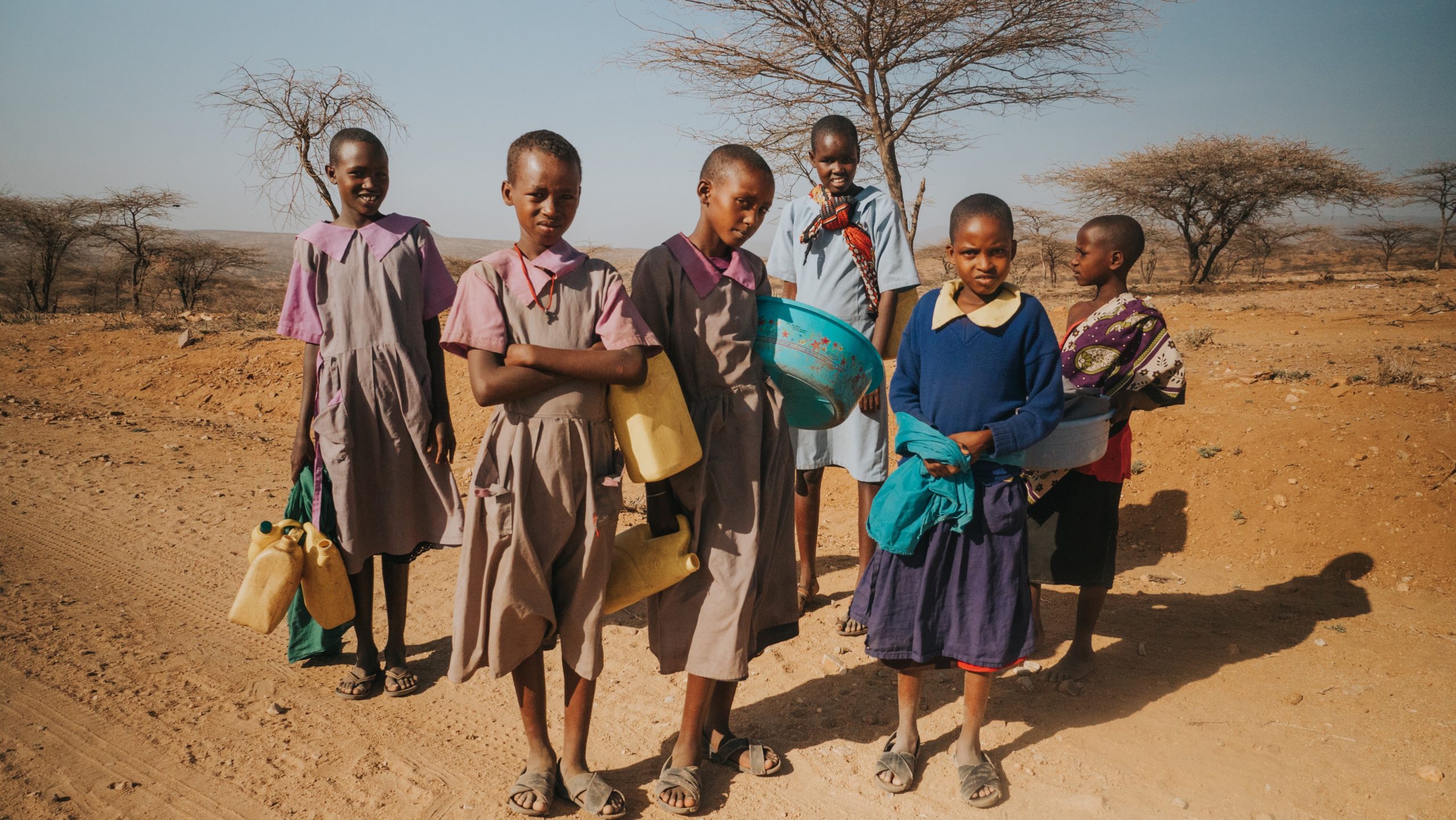The Traditional Kenyan
By Colin Stanley
It is always wise to listen to the words of your elders; they carry a significant amount of weight. In this time, gender imbalance has become something that creates rifts between coalitions primarily because one gender feels underrated than the other. It is without a doubt that Africa was a land of milk and honey years before the period of colonization. The traditional tribes had a structured social order in that all tribes people had roles assigned to them, what a time!
Women had the mandate of taking care of the home and singing for the community during ceremonies and feasts. Then, goats, cows, and sheep were slaughtered in plenty during such feasts. Everyone in the community enjoyed themselves under the shining light of the moon. As darkness would set in, beer became the order of the day. The then Kenyan African used a horn to sip the sweet liquor made from sugarcane, sugar, miratina, and water of course. The Kikuyu tribe took this brew then and still to date. In my early years on this earth, much older boys showed us the ropes through narrating stories of how they were ready for a beating from anyone, especially in public if they misbehaved. It was in this situation that women then saw pride in themselves. It was any mother’s role to nurture children in their estate, and indeed, they felt as mothers as it is their primal role as far as raising good kids is concerned. With men, it was their duty to protect, maintain order, and punish those going against the laid-down regulations. In addition, we have learnt that the elderly women sat the children round a fire in the evening and would share lessons through stories, a means they used to install discipline, good morals, and character from generation to generation.
It is somewhat dumbfounding that all of Africa experienced near-the-same cultural and social functionalities. Mind you, the continent was full of people speaking different languages; nonetheless, the same rubric was used to maintain social order. It being 2021, with the 21st century right at our faces, it is quite critical we adopt strong cultural ties that will guarantee the longevity of the African populations from times stretched up to Before Christ (BC) timelines. For clarity, the Egyptian pyramids are a testimony to longevity. These people moved solid stone weighing up to two tones up a slide that was lubricated by water. Such expertise reveals the wit and skill of the then traditional Egyptian, a firm affirmation of the deep African heritage.
The elderly today are marginalized in most social settings. A while back, the aged were beaten with the claim of them being sorcerers and witches. This is heritage drowning literally on our roads. Our kids see the hostility in the mobs and the shouting of rowdy youths with tree branches, the elderly should be left in peace and wear their hair white with a smile. In addition, they pick and fix on issues that most of the recent generations would spend time and energy trying to engineer and re-engineer to get a viable solution. Mind you, if you walk in most of the streets in our capital, there is this famed hairstyle where the sides of the head are shaved by far as compared to the other parts. Talk of being a Kenyan African, our heritage is the catapult to a bright generational experience.






